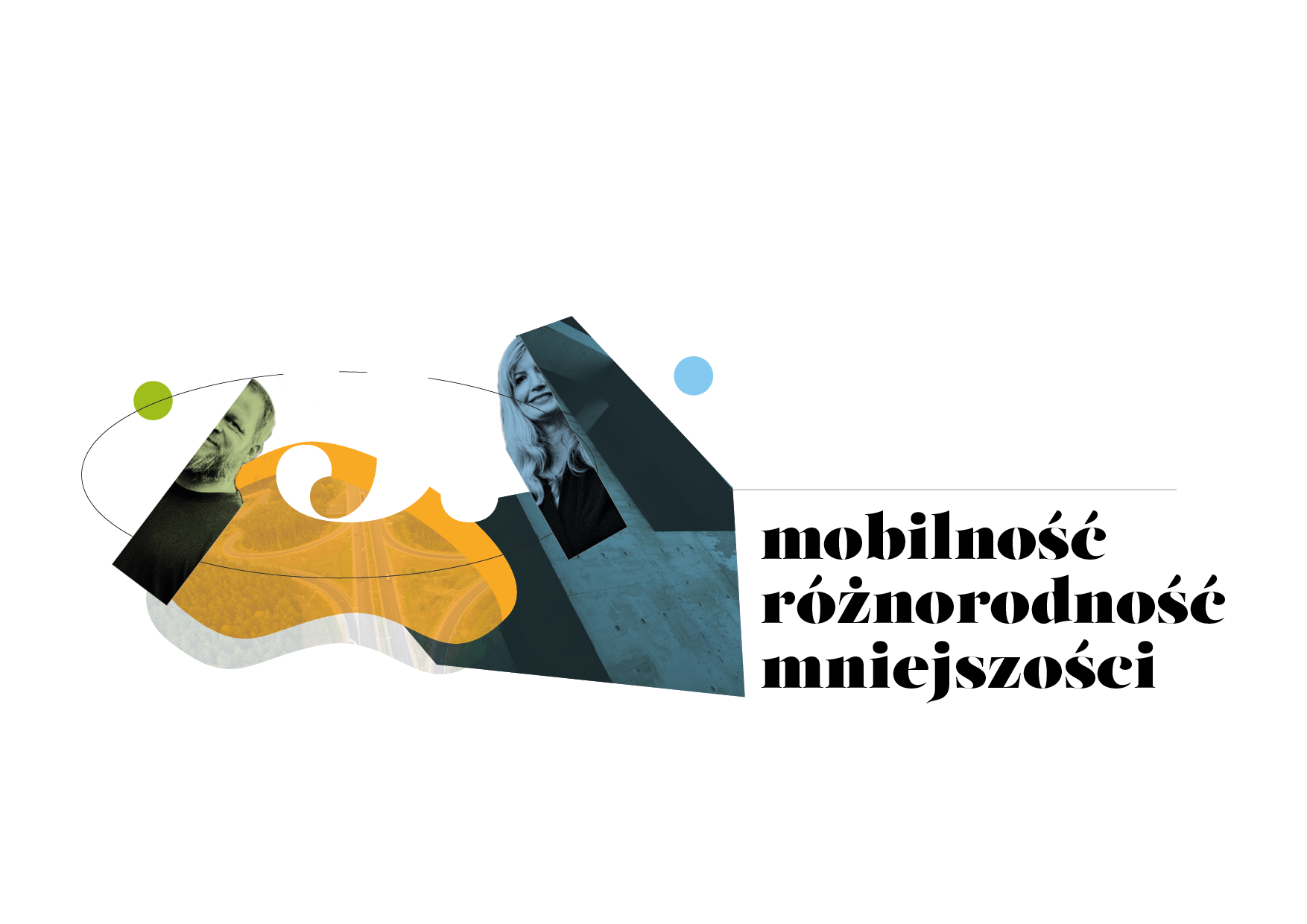The semi-plenary session will be devoted to the new dimensions of ethno-cultural diversification in Europe and to the question how it is reflected in the unique context of Central-Eastern Europe. Poland is a particularly interesting case for such a study: the new migration processes – immigration, emigration – overlap with the already existing cultural differentiation of Poland (ethnic and national minorities, religious groups). The challenges of the recent months also have a tremendous influence on the social diversity: in 2022, Poland in a short time experienced huge refugee migration from Ukraine and became one of the main refugee-hosting countries in the world. The public discourses and the narratives of migrants may reveal the common, shared ways of experiencing the situation of diversity and cross-cultural contacts. However, they also demonstrate the significance of individual interpretations, where the migrant status may intersect with other social roles and categories (sometimes more important for an individual), such as gender, or religious belonging. Various dimensions of diversification require a complex attention in the analyses of contemporary social diversity. The changing socio-cultural and demographic situation in Europe (including Poland), and the transformations of the labour market, will be a starting point of an in-depth examination of the new understandings of locality and glocalization in transnational spaces, new forms of migrant entrepreneurship and self-organization, and new ways of migrants’ activization in response to the unique challenges and social problems.
Migrations, diversity, multiculturalism: Poland and Europe
Sesja semi-plenarna
Numer: P06
Prowadzenie: Katarzyna Andrejuk (IFiS PAN)
Data i godzina: 16.09, 09:00
Miejsce: BUW, Sala 316
Sesja w języku angielskim
Abstrakty wystąpień
-
Poland as a country of ‘immigration’ and ‘emigration’
Prelegent: Anne White
-
Migration and identity: between the nation, transnationalism and pluralism
Prelegent: Marta Bivand Erdal
-
Multicultural landscape of entrepreneurhsip
Prelegent: Beata Glinka
Polski
Migracje, różnorodność, wielokulturowość: Polska i Europa
Sesja będzie poświęcona nowym wymiarom zróżnicowania etniczno-kulturowego w Europie oraz temu, jak przejawia się ono w specyficznym kontekście Europy Środkowo-Wschodniej. Polska jest tu szczególnie ciekawym przypadkiem: nowe procesy migracyjne – imigracja/emigracja – nakładają się na dotychczasową różnorodność kulturową kraju (mniejszości narodowe i etniczne, grupy religijne). Ogromny wpływ na społeczną róznorodność mają również wyzwania pojawiające się w ostatnich miesiącach: w 2022 roku, Polska w krótkim czasie doświadczyła dużej migracji uchodźczej z Ukrainy i stała się jednym z głównych państw przyjmujących uchodźców w skali globalnej. W dyskursach publicznych i narracjach migrantów można odnaleźć wspólne, podzielane sposoby przeżywania sytuacji migracji i kontaktów międzykulturowych. Ale duże znaczenie mają też indywidualne interpretacje, w których status migranta współistnieje z innymi (niekiedy ważniejszymi dla jednostek) wymiarami społecznego kategoryzowania, jak płeć czy przynależność religijna. Różne poziomy dywersyfikacji wymagają kompleksowego uwzględnienia w analizach współczesnego zróżnicowania. Zmieniająca się sytuacja społeczno-kulturowa i demograficzna Europy, w tym Polski, oraz przeobrażający się rynek pracy, będzą punktem wyjściowym do bardziej wnikliwego przyjrzenia się nowym rozumieniom lokalności i glokalizacji w przestrzeniach transnarodowych, nowym formom przedsiębiorczości i samoorganizowania się migrantów oraz ich aktywizacji w odpowiedzi na swoiste wyzwania i problemy społeczne.

